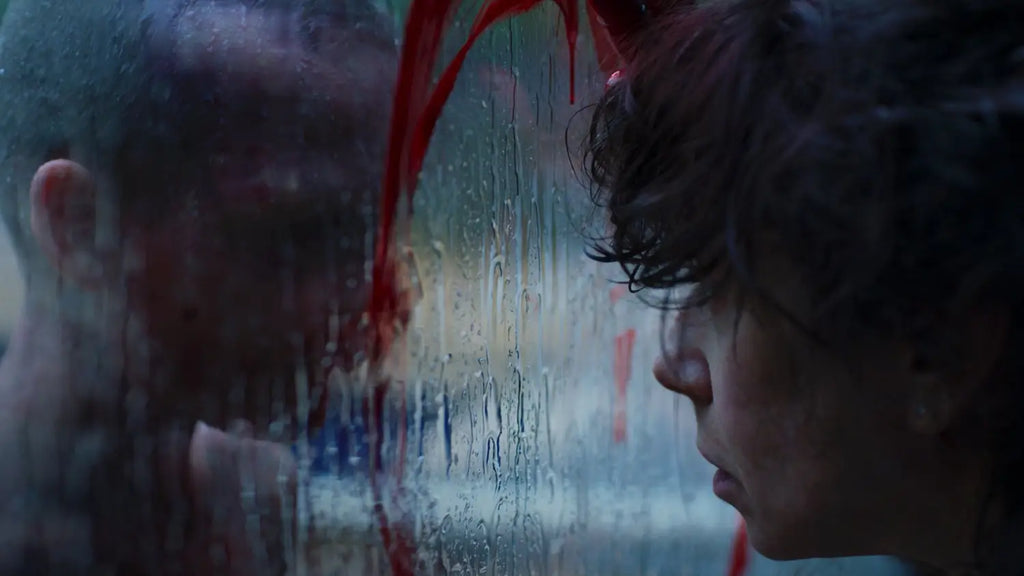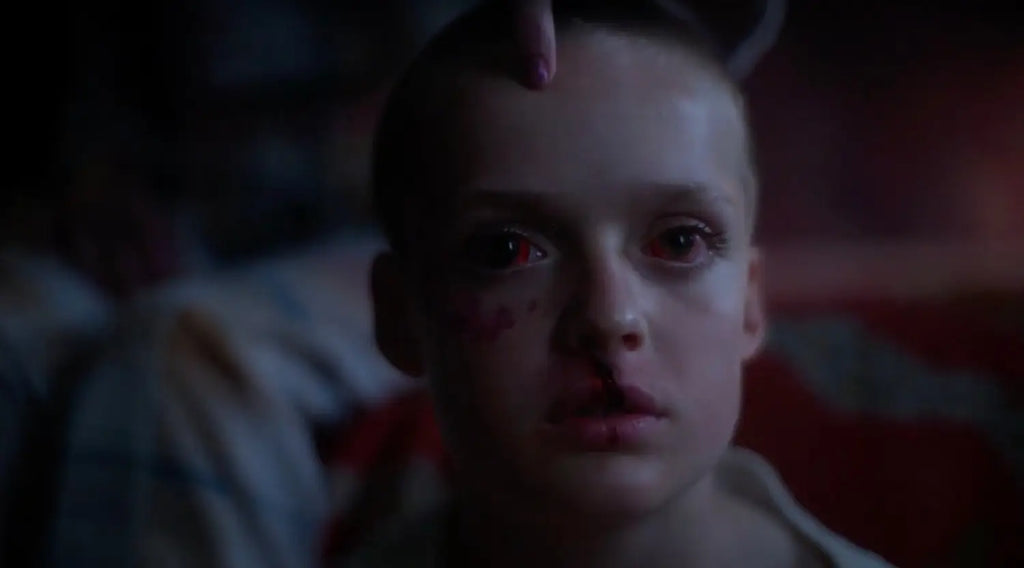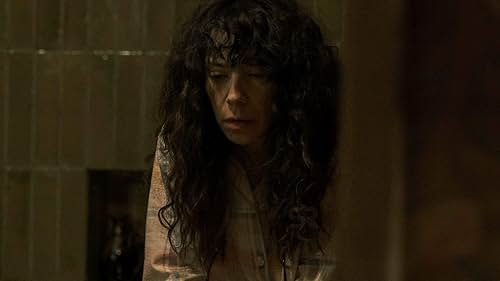It’s rare these days for a horror movie to actually scare me. I’m the kind of viewer who seeks out the nastier stuff - the stuff that pushes buttons, gets under the skin, and maybe shouldn’t have been greenlit in the first place. Horror that dares to be ugly. The kind of thing that leaves a bruise. When the Philippou brothers’ debut Talk to Me hit like a lightning bolt a few years ago, it didn’t just creep me out or give me a few fun jolts. It full-on disturbed and upset me. And I loved it.
Check out our full review: 'Talk to Me' Makes Possession Movies Feel New Again
Danny and Michael Philippou return now with their sophomore feature Bring Her Back, and the anticipation couldn’t have been higher. The surprise is that this follow-up - a sadder, angrier, and even more spiritually rotten piece of work - doesn’t attempt to repeat the crowd-pleasing possession thrills of Talk to Me, even if it shares some thematic DNA. Instead, Bring Her Back sinks its claws into the raw nerve endings of grief, trauma, and that universal, dangerous desire to undo death. It’s another ghost story of sorts, but one that feels sickly and decayed, soaked through with guilt and longing and rain.
Sally Hawkins plays Laura, a grieving mother who now serves as a foster parent in a quiet, creaky suburban home. But Laura isn’t the gentle, tearful kind of sad. Her grief manifests in cold eyes and slippery, passive-aggressive menace. Hawkins is terrifying here, perhaps because she’s so unreadable. You’re never sure if Laura is two steps ahead, playing sickeningly sweet, or on the verge of a breakdown. Or perhaps all three. She becomes the caretaker of two new children: Andy (Billy Barratt) and Piper (Sora Wong), recently orphaned after the sudden death of their father.

Piper is partially blind, claiming she can only see light and shapes. Andy is the older brother, fiercely protective, already skeptical of the strange energy in this new house. Their relationship is the heart of the film, and the two young actors give beautifully affecting performances - especially Barratt, who is quietly devastating as a teenager trying and failing to hold everything together despite repeated traumas.
Laura, however, isn’t exactly welcoming. She seems to only have interest in Piper and treats Andy with clear disdain. It’s unsettling. That discomfort escalates quickly when Andy discovers that Laura already has a child in the house: Oliver (Jonah Wren Phillips), a silent boy who seems deeply disturbed and immediately joins the ranks of horror cinema’s most unnerving children. Laura explains away his silence as selective mutism, but it becomes increasingly clear that something more sinister is going on. And we’re only just getting started.
From its opening lo-fi ritual - bizarre, grotesque, and wholly upsetting - Bring Her Back makes its intentions clear. This is horror at its most psychologically cruel. Every frame is thick with a kind of doom you can taste. The Philippous reunite with cinematographer Aaron McLisky, whose work here is drenched in damp shadow and grime. Their aesthetic hasn’t gotten cleaner - if anything, it’s gotten nastier. Paired with some of the best and most stomach-turning sound design of the year (every squelch and drip feels amplified in your bones), the film is a full-body experience. You don’t watch Bring Her Back. You endure it.

Like Talk to Me, this one is about the desperate ways we try to hold onto the dead. About how far you’ll go to not feel alone. But the emotional beats here hit even harder. The Philippous are going bigger this time - reaching deeper into the pain of loss, especially when that loss is complicated. Andy’s grief over his father’s death is heavy and tangled. There’s love there, but also fear, and worse things we’re only allowed to feel in safe silence. The film understands that mourning someone who wasn’t all good is a unique kind of psychological torment.
Grief itself becomes the monster in Bring Her Back. Laura’s grief has calcified into cruelty. She gaslights, manipulates, and enacts twisted little power plays that wear the kids down. One moment at the father’s funeral - a pointed, psychologically sadistic game - had me wincing more than any of the gore (and yes, the gore here is gnarly as hell). You can feel the siblings being slowly broken apart. And all the while, the film’s aquatic motif - showers, rain, the sounds of running water - creeps in and out like a ghost before growing into an all-consuming torrent. Water becomes a trigger for memory, shame, and buried secrets, all tied to that traumatic loss.
The supernatural elements are handled with the same grace and restraint that made Talk to Me such a revelation. Nothing is over-explained. There’s a trust in the audience to feel their way through it, even as things get stranger and more horrifying. And when the horror hits, it hits. The final stretch is an escalating, suffocating nightmare - the kind of crescendo that’s not so much thrilling as it is devastating. You come out of it shaken. Moved, maybe.

Bring Her Back isn’t as tight or instantly accessible as the Philippous’ debut. It’s more ambitious, more melancholic, and ultimately more demanding of its audience. It’s also a natural progression for the duo - a sign that they’re not interested in becoming just the next great horror directors, but genuinely great filmmakers. This one feels like a challenge to both themselves and the genre: how far can you go emotionally without losing your grip on the horror?
Sally Hawkins delivers one of the most affecting performances of her career, while Billy Barratt feels like a revelation. Together, they anchor a story that could’ve easily tipped into melodrama or incoherence. But the Philippous keep it grounded - by keeping it sad. That’s the trick. Horror works best when you care. When it’s not just the flesh that’s wounded, but the heart. And Bring Her Back doesn’t just hurt. It lingers.
It may not be for everyone - hell, it might piss some people off. But it sure makes an impression. Whatever you feel when it’s over, you’ll feel something. That’s the mark of horror that actually matters.
'Bring Her Back' is now playing in theaters.




